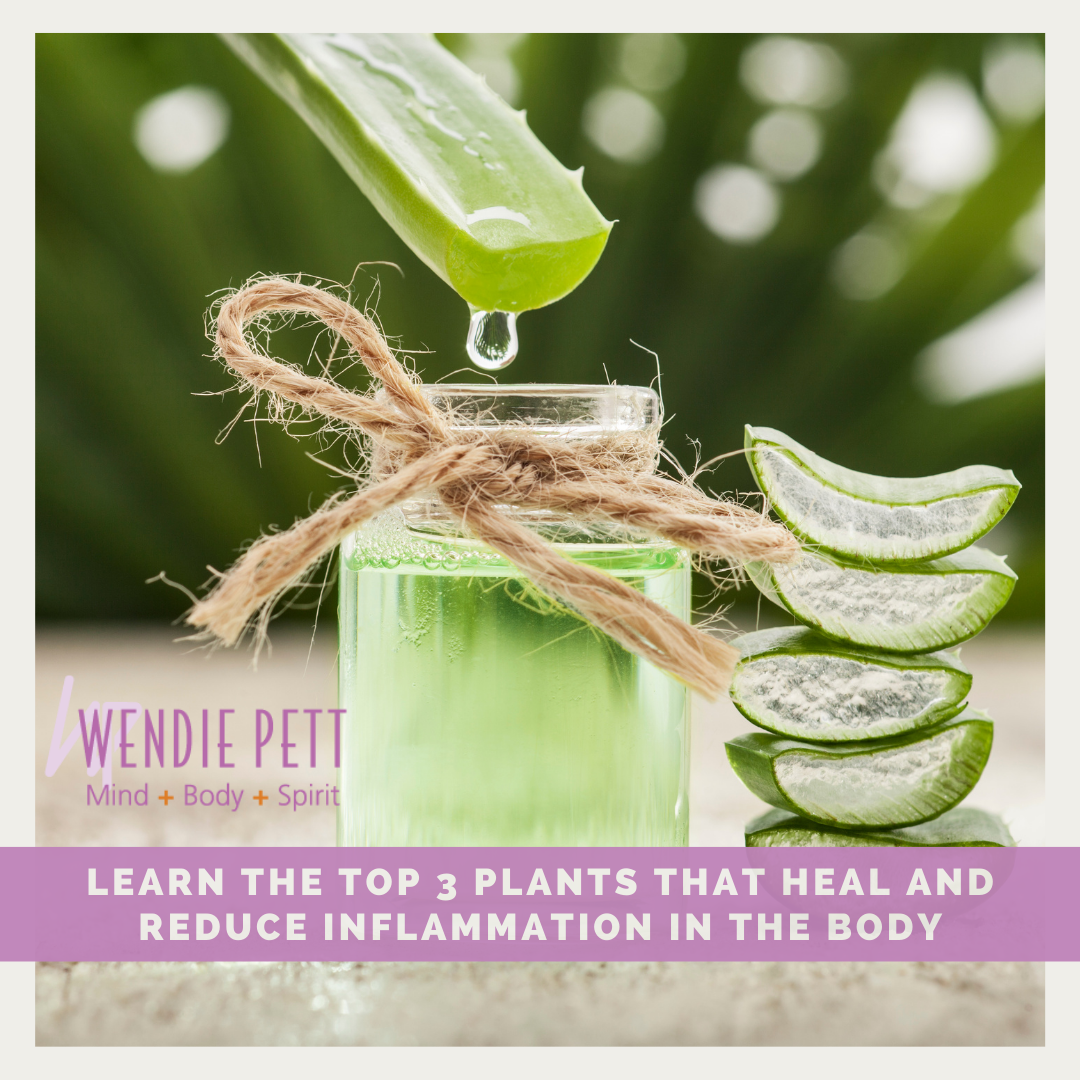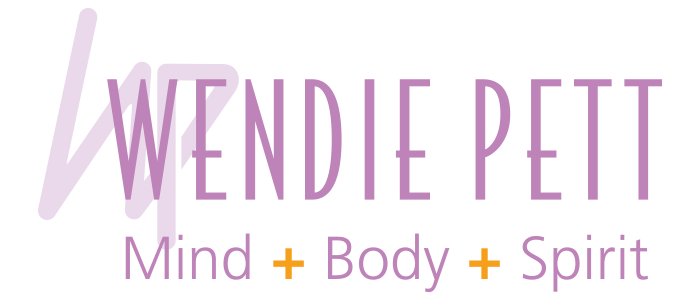
As a Naturopath, I’m always looking for new ways to educate my clients/patients. Today I want to share with you my favorite top 3 plants which are phytomedicinals (herbs) that have massive healing power. They are also super easy to grow on your own. You can plant them in individual pots or into the ground depending on your land growing capabilities.
We used them on sunburns, fever blisters, and even in juices. Of course, back then I didn’t know the true healing power of this plant until I got my N.D. several years ago. Now, I love aloe even more and I’m grateful that my Dad initially made the introduction.
Aloe has incredible phytochemicals such as beta-carotene, saponins, and acemannan to name a few. It also supplies the body with amino acids, calcium, folate, iron, magnesium, zinc, potassium, phosphorus, and a multitude of vitamins.
Aloe vera is an anti-fungal so it acts as an astringent. Aloe can help stimulate cell regeneration and when ingested it can assist in lowering cholesterol, can help reduce inflammation in the body, soothes and an irritable stomach aiding in most digestive disorders.
2. Echinacea – Most people know this plant as the beautiful purple coneflower or “daisy.” People love to look at them and butterflies gravitate to them often. They can grow in drought type of conditions and are fairly hardy.
Echinacea has amazing phytochemicals and nutrients such as calcium, iron, magnesium, potassium, zinc, selenium, manganese, and phosphorus as well as vitamins B1, B2, B3, and C.
If you travel often, like my husband and I do, then you might want to grow and take echinacea. It really helps to boost your immune system. This fantastic herb fights inflammation and viral infections. It’s also fantastic to assist with detoxing the lymphatic system.
The best way to ingest is by drying out the flower and its leaves and infuses petals and leaves, use one to two teaspoons of the dried flower per one cup of water. Allow to steep in boiling water for fifteen to twenty minutes. Then strain the flower parts and drink as herbal tea.
3. Wild Oregano – Wild oregano is a bit different than what you can buy at most grocery stores, as the stores tend to offer a combination of several oregano species and not ones that have the maximum healing benefits of origanum vulgare.
Wild Oregano is actually from the mint family and it’s another plant that is super easy to grow. That’s always great news for the “newbie gardener.”
This healing herb has a plethora of phytochemicals ranging from beta-carotene to limonene, and borneol. It contains awesome nutrients such as calcium, manganese, iron, potassium, zinc, and essential fatty acids. Also a great source of vitamins A, B1, B3, and C.
Wild Oregano fights inflammation and free radicals, a must if you live in today’s congested and toxic space. It’s helpful for acne, arthritis, digestive problems, eczema, fatigue, muscle pains, UTIs (urinary tract infections), headaches, and the list goes on. A small plant with a big punch of good health.
Plants/herbs can heal. Give them a chance before reaching for over-the-counter or prescribed medicine. Of course, I must add a disclaimer to always ask your physician according to your specific needs and use with caution or steer clear if pregnant or nursing.
I do encourage you to plant herbs that heal and begin to incorporate them into your day-to-day life, if able. Post a photo of your herb garden (big or small) on my Facebook page and tell me your favorite herb. And if you’d be so kind, like the page and share it with others. I would love to “talk” with you there too.


